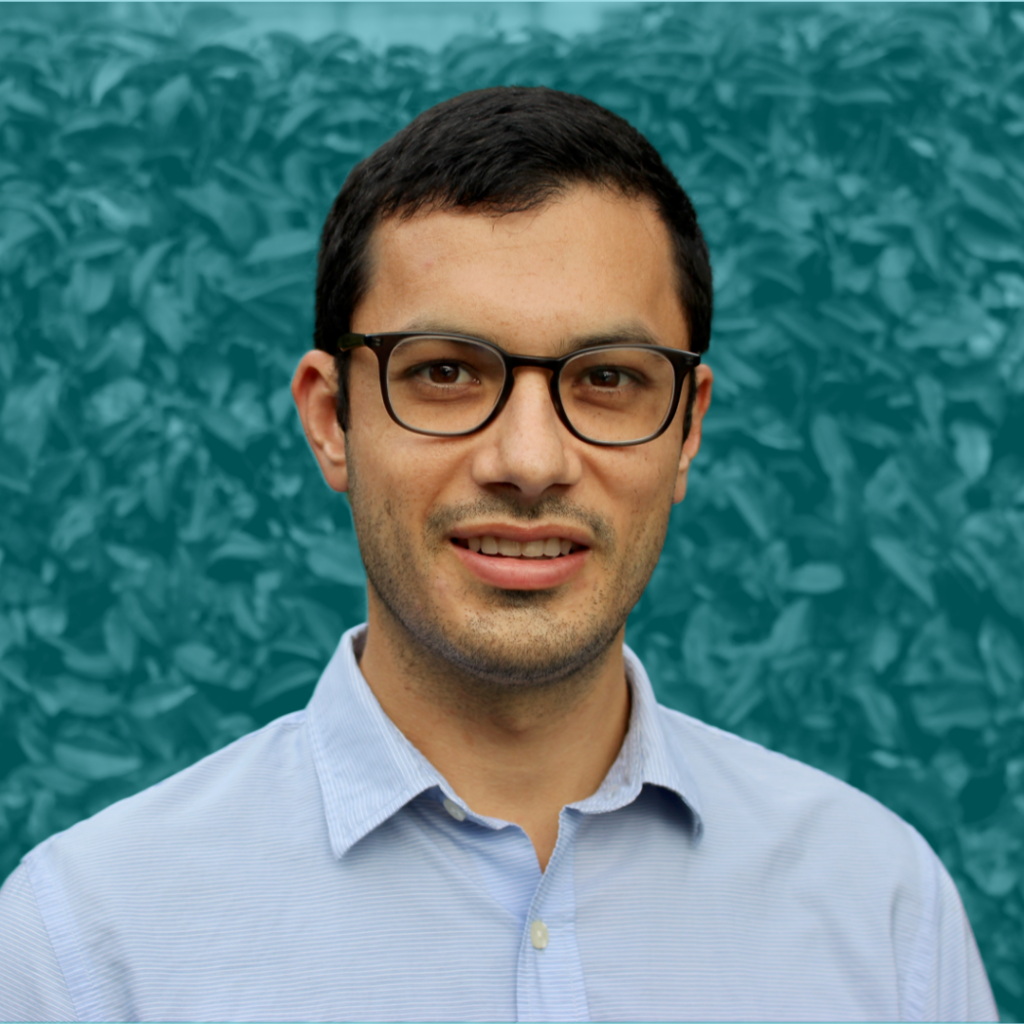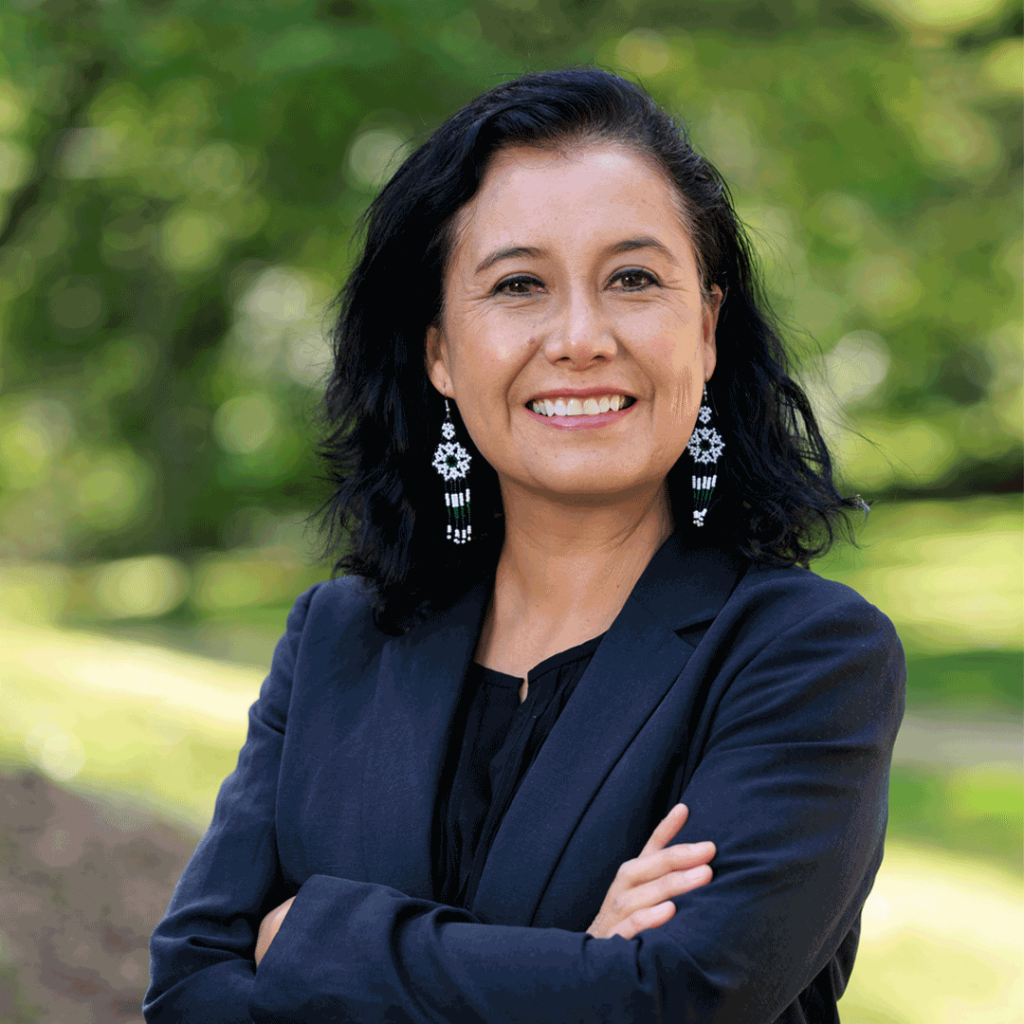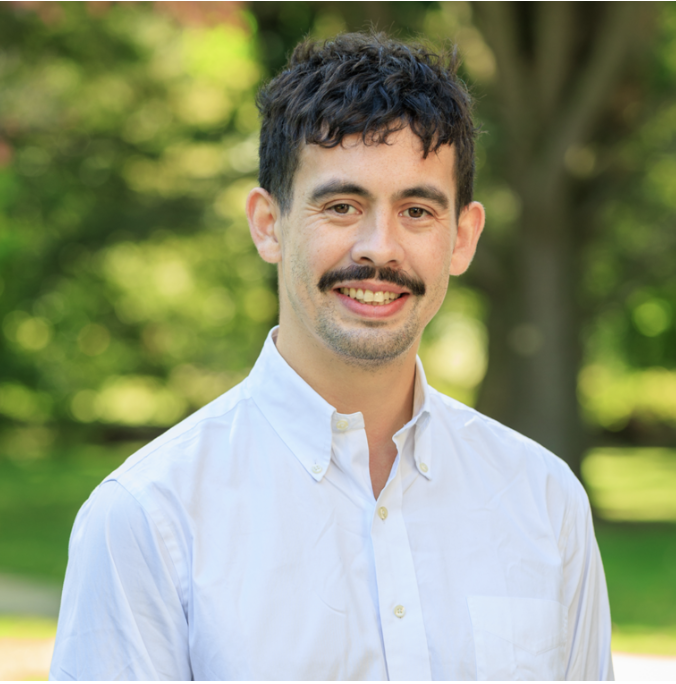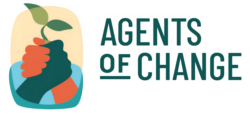Scorching cells: How heat threatens lives in America’s prisons

Prisons prioritize security over comfort. But concrete walls, steel doors, sealed windows, limited ventilation, lack of tree cover and outdated infrastructure converge to create dangerously hot conditions.
2024-2025 Climate and Health Scholars Class

In October 2024, NIH welcomed its third class of CH Scholars who will remain in the program until September 2025. Scholars will complete a diverse array of projects and publicly present as part of the NIH Seminar Series.
How Wildfire Smoke Threatens Health

As more people are exposed to wildfire smoke, researchers are only just beginning to understand how it harms our health.
Michigan’s thousands of farmworkers are unprotected, poorly paid, uncounted and often exploited

Few consumers are aware of the migrant and seasonal farmworkers who make Michigan’s agricultural economy possible.
US Prisons and Jails Exposed to an Increasing Number of Hazardous Heat Days, Study Says

Incarcerated people in southern states had the greatest exposure to extreme temperatures, yet do not have access to universal air conditioning, researchers found.
From sheep camp to the city to study uranium’s damage to Navajo people

A Diné data-cruncher looks to solve his people’s uranium issues with public health training.
Integrating Low-cost Sensor Systems and Networks to Enhance Air Quality Applications

Low-cost air quality sensor systems (LCS) are emerging technologies for policy-relevant air quality analysis, including pollution levels, source identification, and forecasting. This report discusses LCS use in networks and alongside other data sources for comprehensive air quality applications, complementing other WMO publications on LCS operating principles, calibration, performance assessment, and data communication.
Resisting Detached Datafication: What Toxic Prisons Teach Us about the Imperative of Restorative/Transformative Data Science for Environmental and Social Justice

Prisons and other carceral facilities are exposed to a variety of environmental hazards such as air pollution, poor water quality, proximity to hazardous waste facilities, and extreme weather events – a pattern referred to as toxic prisons.
President Biden Announces Key Appointments to the White House Environmental Justice Advisory Council

President Biden announced his intent to appoint 12 additional members to the White House Environmental Justice Advisory Council (WHEJAC), which is a federal advisory committee that President Biden established under Executive Order 14008 of January 27, 2021, on Tackling the Climate Crisis at Home and Abroad.
How an Arizona Medical Anthropologist Uses Oral Histories to Add Depth to Environmental Science

Separating people’s lived experiences from scientific data obscures the bigger picture of environmental injustice. With ‘Voices Unheard,’ Denise Moreno-Ramirez enriches research with human stories.
NIEHS Partnerships for Environmental Public Health reinvigorates network

Community engagement experts gathered at annual meeting to share strategies and opportunities for engaging diverse teams in public health.
Tighter regulations are reducing the risk of lead exposure in public housing

A new study finds that tougher inspection standards have led to lower blood lead levels among tenants — although any exposure is still too much.

